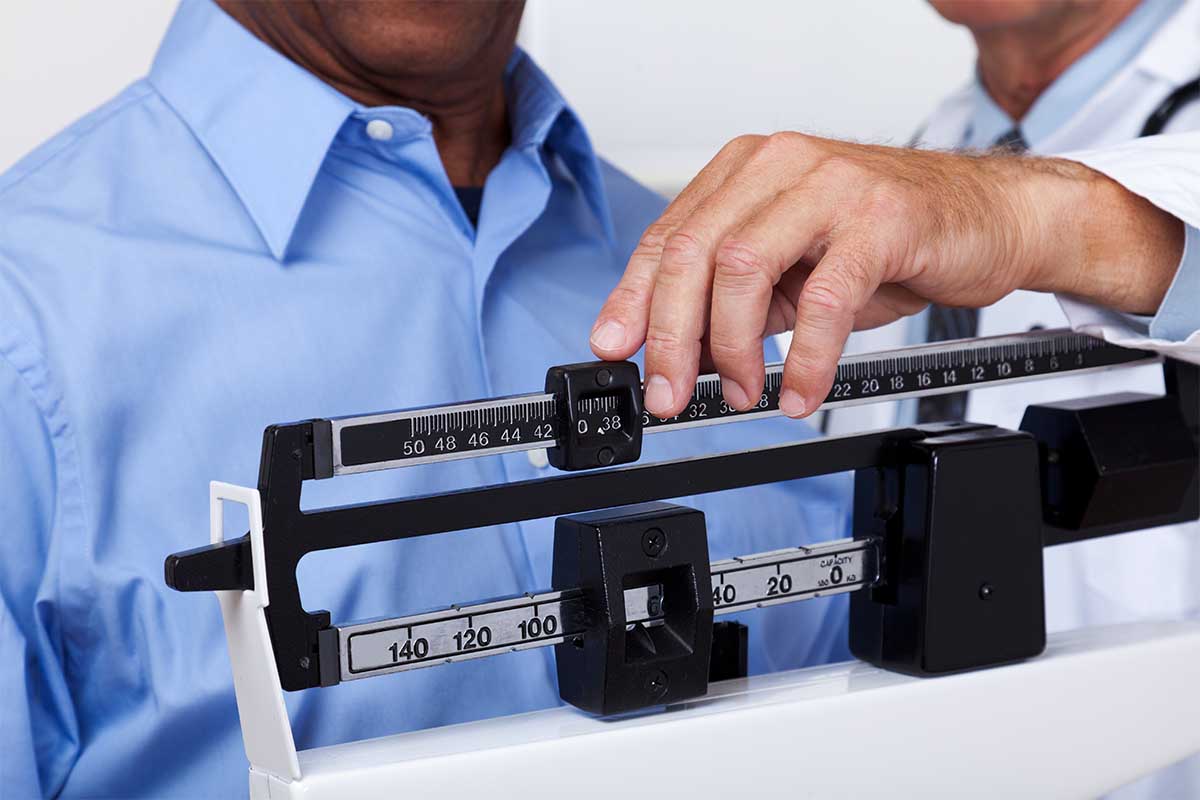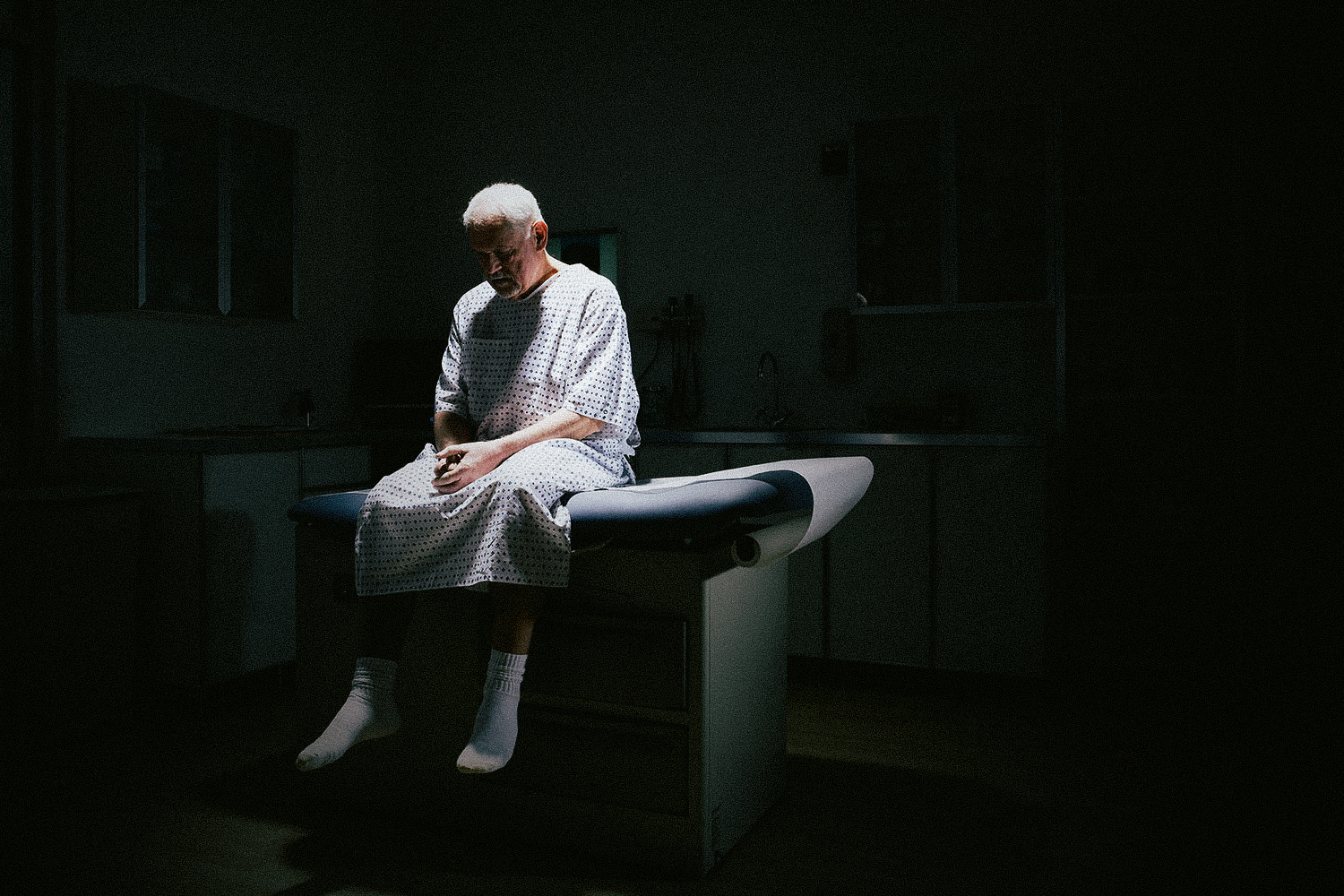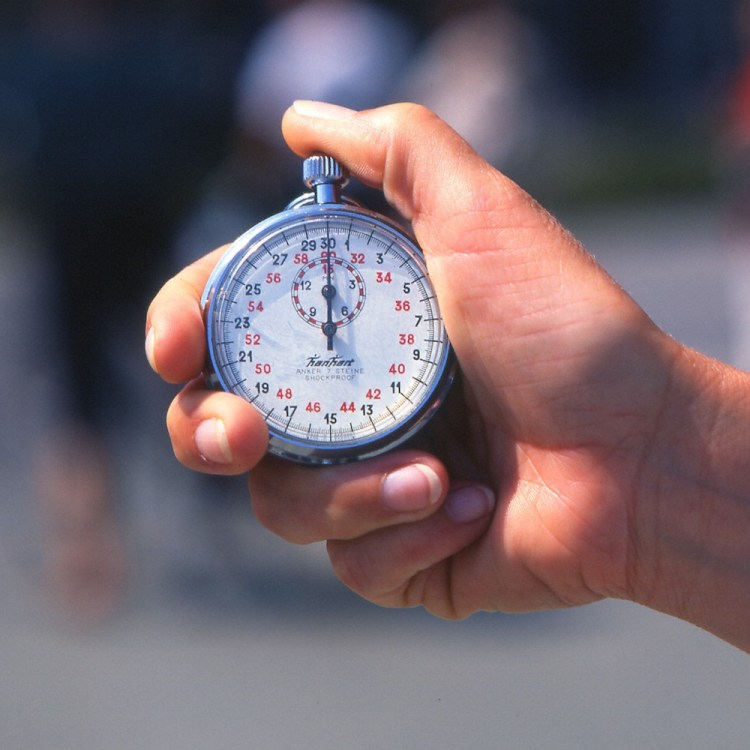With rare medical exceptions, you probably don’t need to have your weight checked when you go to the doctor’s office — and skipping that weigh-in may even be good for your overall health.
“It is entirely correct that after age 18, most people do not need to be weighed at the doctor’s office,” Jennifer Gaudiani, a Denver-based physician, told HuffPost. For people with eating disorders or who feel uncomfortable about their weight, the customary weigh-in has been a source of anxiety or even an excuse to not get a check-up, and seems unnecessary if you’re at the doctor because you, say, sprained an ankle.
Of course, there are exceptions to skipping this process: like people under 18, who should be measured for height and weight to see if growth is proceeding normally, people with eating disorders who have specific weight needs to treat the disease, and patients with unexplained weight loss. But Gaudiani suggests that otherwise, 90% of weight checks are unnecessary.
“Unnecessary weigh-ins chill patients’ willingness to see medical providers, waste everyone’s time, fail to address the most important concerns of the patient and may push individuals into cycles of dieting maybe some weight loss, then regaining even more,” she says.
There’s an organization that can help you avoid this check-in if you think it’s unnecessary: More-Love.org has printed up a bunch of “Don’t Weigh Me” cards, which offer a “polite and respectful way to assert your preference at the doctor’s office and seek informed consent if weight is deemed necessary for care and treatment.”
A related and more serious issue with the weigh-in is doctors’ behavior regarding the number on the scale and how it affects their overall health diagnosis. HuffPost noted a 2012 study where 69% of women reported experiencing stigma about their weight from a doctor at least once, and 52% on multiple occasions. “Fatphobia in the medical field often translates into a lack of diagnosing for ailments,” said Shana Spence, a registered dietitian nutritionist. “When someone goes in for pain or whatever ailment, it’s extremely discouraging to be told to just lose weight or simply ignored altogether. What are those in thinner bodies told for the same ailments?”
The Association for Size Diversity and Health has developed a plan called “Health at Every Size” for doctors. As described by Well+Good, this is a “weight-neutral approach to health. HAES-informed health-care providers focus on addressing each patient’s medical conditions in evidence-based ways (like medication, surgical intervention, behavior change, and therapy), without focusing on weight or encouraging weight loss.” You can find medical professionals who have taken that pledge here.
The Charge will help you move better, think clearer and stay in the game longer. Subscribe to our wellness newsletter today.


















